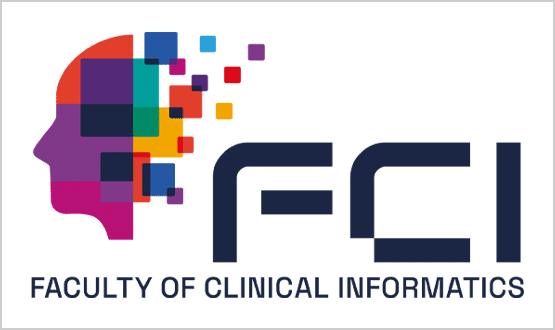BCS: revolution needs clarity and detail
- 4 February 2011

The BCS Chartered Institute for IT has called for “clarity” about the purposes of the Information Revolution and a detailed roadmap for achieving it.
In a detailed report issued to back up its response to the Department of Health’s consultation on a new information strategy for the NHS, which closed last month, the BCS identifies three outcomes that the government is trying to achieve.
These are: enabling patients to become “equal partners” in their health and care; to make “choices” about their treatment; and to hold organisations to “account.”
It argues these outcomes require different kinds of information and different kinds of support to be effective.
The BCS argues that a new “navigator” role may be needed to help individuals move around the system, which could be provided by the third sector or commercial organisations.
It also argues that the DH should start by providing simple tools that provide “quick value” for patients, such as online booking and repeat prescription apps, and be prepared to invest in marketing to generate demand.
Returning to the theme of clarity, the report says the government needs to define what it means by ‘control’ of medical records.
It argues that the key to cutting through debates about privacy and confidentiality will be to make the uses to which information will be put “transparent”.
As a result, it argues that patients should give consent to their data being used for secondary purposes. However, is also argues that patients should not be able to alter or delete information.
Indeed, it says there be a case for a ‘personal health record’ that is separate from the ‘electronic health record’, “creat[ing] the opportunity for multiple vendors such as Microsoft and Google to find their appropriate place in the national strategy.”
The ‘Liberating the NHS: an Information Revolution’ consultation document was criticised for paying little attention to the IT that will be needed to create electronic patient records to underpin new data sources.
The BCS response – ‘Preparing the NHS for an information revolution’ – does not make the same mistake.
It spends most of its 80 pages and 100 recommendations discussing how to improve NHS IT, how to make it an integral part of NHS business processes, and how to encourage competition and innovation among suppliers.
Among its recommendations, it says that strategic health authorities and primary care trusts should encourage the development of IT shared services “as part of their exit strategy”.
To support them, it says new libraries of IT-enabled service redesign and implementation best-practice should be set up, and that a “single overarching approvals and/or assurance body for informatics standards” should be created.
As previously reported by eHealth Insider, the BCS believes that “all organisations providing care to the NHS should be given notice that they will be expected to use an electronic patient record in a meaningful way within five years”.
And it says that commissioners and regulators should be able to impose financial penalties for non-use of basics such as the NHS Number.
The BCS also says the health service needs to move on from the National Programme for IT in the NHS, without returning to the “chaos” of the “let a thousand flowers bloom” approach that preceded it.
To do this, it says purchasers should be allowed to buy from any local service provider and that framework contracts such as ASCC should be expanded to accommodate – and drop – any suppliers that meet – or fail to meet – given standards.
Overall, the BCS stresses that the need for change is pressing. “The NHS is seeking to deliver a 20% productivity improvement over the next five years,” it says. “Any established industry that has achieved this scale of improvement has used one of two techniques.
“It has moved a large proportion of its workforce to a country with much lower employment costs… or it has adopted information and IT to radically redesign business processes and often the business model. We believe the NHS must seize the opportunity offered by information and IT.”




